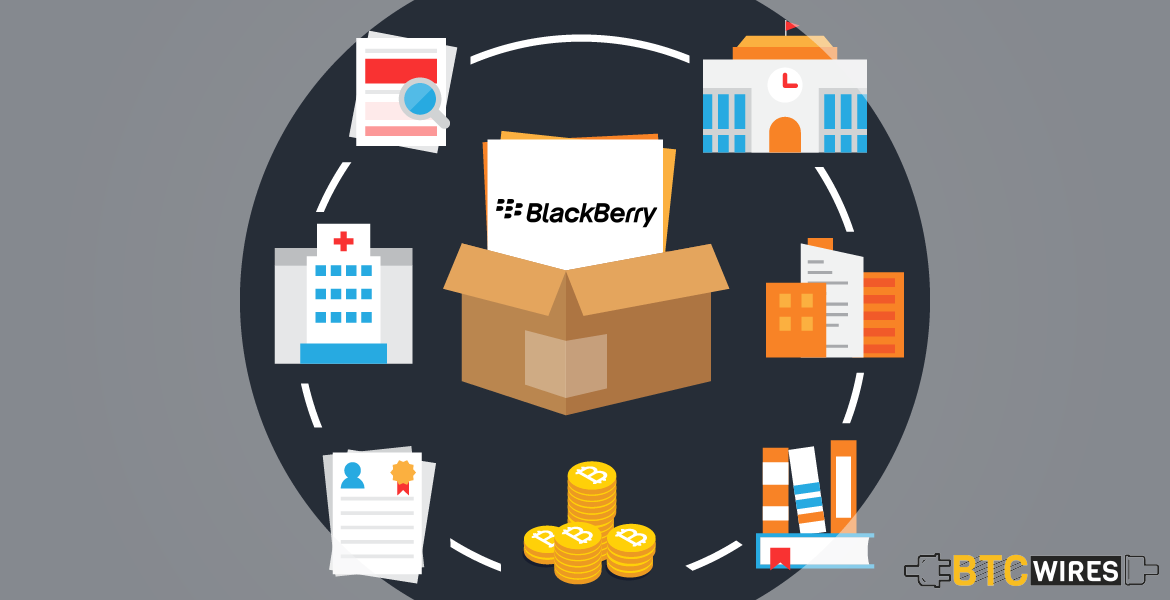A new blockchain solution has been introduced by Blackberry Limited

A new blockchain solution has been introduced by Blackberry Limited to allow medical institutions to exchange and share data amongst themselves. The Canadian MNC has developed this tool for healthcare providers using its NOC or network operation center to fuel a digital ledger run and maintained on blockchain. This solution is expected to considerably improve results for patients seeking care in these institutions.
By using the digital ledger technology or DLT, Blackberry plans to establish a universal system that is safe, secure and accessible for global health professionals. According to their press release, the blockchain solution will help medical centers and hospitals share patient data. Onebio, a company that serves as a peer-to-peer marketplace for all kinds of digital health data.
Blackberry Limited, which is most commonly known for producing niche smartphones, tablets and such mobile devices, has recently been making inroads into the health sector. A while back, it also launched an EoT (Enterprise of Things) platform known as Blackberry Spark with the objective of revolutionising how the healthcare system manages and delivers the valuable information it holds. The CEO and the executive chairman of the company had this to say:
“We are applying our expertise in security, data privacy, and communication work in regulated industries such as automotive, financial services, and government to tackle one of the biggest challenges in the healthcare industry: leveraging healthcare endpoints to improve patient outcomes while ensuring security and data privacy.”
This novel blockchain solution introduced by the Canadian behemoth would make sure that every form of data that is added to the network remains indelible, anonymous and secure. The data can be loaded onto the network by any patient, lab or internet of things or IoT-fueled mobile gadgets and can eventually be shared with experts for research purposes.
The first user of this incredible new DLT solution would be the Global Commission, an entity committed towards ending the instances of extreme delay associated with diagnosing children affected by rare illnesses.
